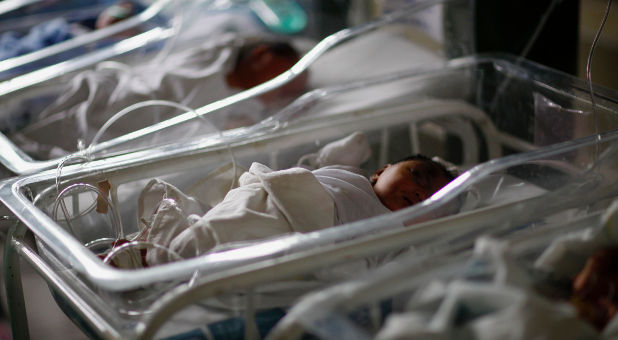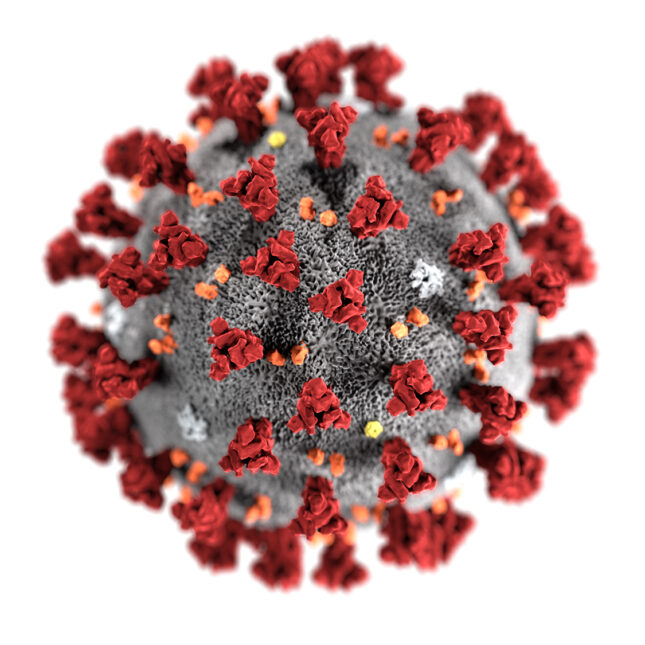Doctors from France have confirmed what they claim to be the first case of an unborn child contracting the coronavirus or COVID-19. The case was the subject of a paper named "Transplacental transmission of SARS-CoV-2 infection," which got published om the peer-reviewed journal Nature Communications on Tuesday. The details about the paper were first reported by The Guardian.
Till now, there was limited evidence supporting that an unborn child can contract the deadly novel virus from inside the womb, but the authors of the paper, from the Antoine Béclère hospital located in Paris, confirmed that "transplacental transmission of SARS-CoV-2" was possible.
Unborn Baby Contracted COVID-19

They claimed that a 23-year-old woman got admitted to the hospital with a fever and cough on March 24 when she was over 35 weeks pregnant with a boy. The mother got tested positive for COVID-19, gave birth via Cesarian section, and the child was instantly to the natal intensive care unit of the hospital. Ther baby also tested positive for the deadly novel virus, however, he later recovered and after 18 days got discharged from the hospital, according to the doctors.
The doctors claim that brain of the child had evidence of inflammation caused due to the coronavirus, which had crossed the placenta inside the baby's bloodstream. They did not accept the chances of the baby getting infected after birth. "The placenta showed signs of acute and chronic intervillous inflammation consistent with the severe systemic maternal inflammatory status triggered by SARS-CoV-2 infection," the authors mentioned.
The doctors pointed out at similar cases of babies being born with COVID-19 in the past but they could not say definitively whether they contracted the virus in the uterus. A study conducted with 31 women in March and April got some evidence pointing out that unborn babies can catch the virus from their mothers.
COVID-19 in Babies

The French doctors wrote: "We have demonstrated that the transplacental transmission of SARS-CoV-2 infection is possible during the last weeks of pregnancy. Other cases of potential perinatal transmission have recently been described, but presented several unaddressed issues."
However, the lead author and the medical director of pediatrics at the hospital, Daniele De Luca told The Guardian that cases like this are rare. "Pregnant women should be reassured," he mentioned. "Pregnancy is very controlled and if you have something like this, it can be controlled. In most cases, there will be no damage to the baby. There are many things we can do, but we can't close our eyes and say this is never going to happen."
Coronavirus Crisis
The deadly virus outbreak has created a major stir around the world in recent times infecting more than 13.1 million people globally and claiming the lives of over 573,000 people in more than 170 countries.
The US is the worst affected nation followed by Brazil and India. Scientists around the world are working to find a vaccine for the disease, many vaccine candidates are at different stages. As per researchers, the vaccine might be available for the masses in the first quarter of 2021.








